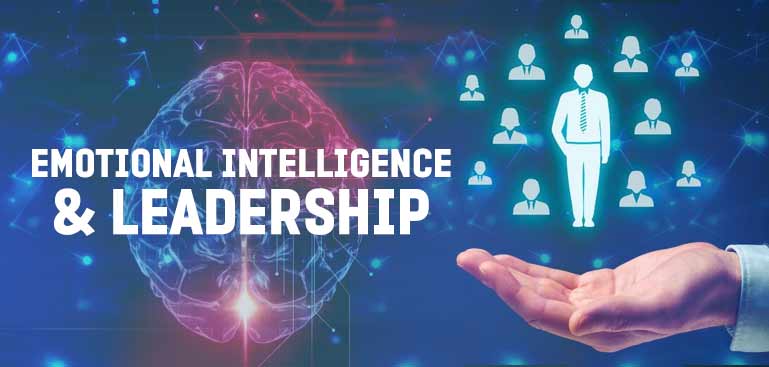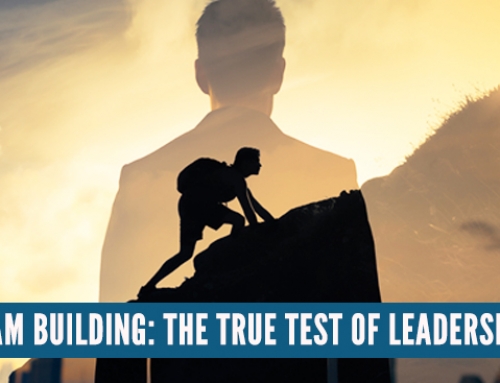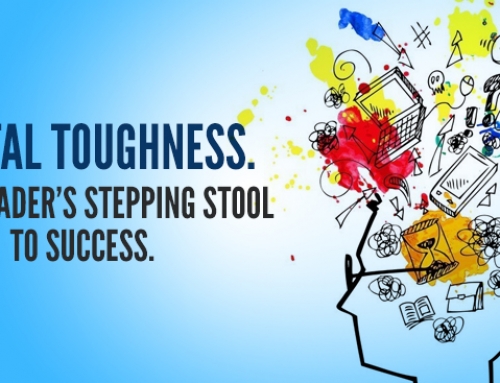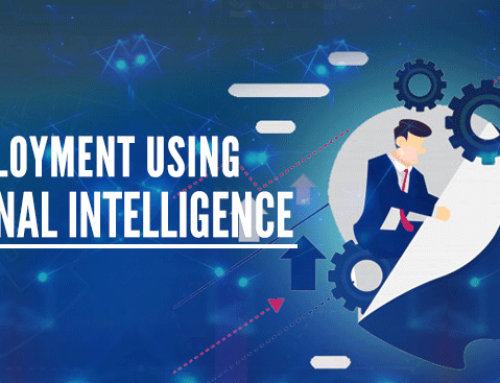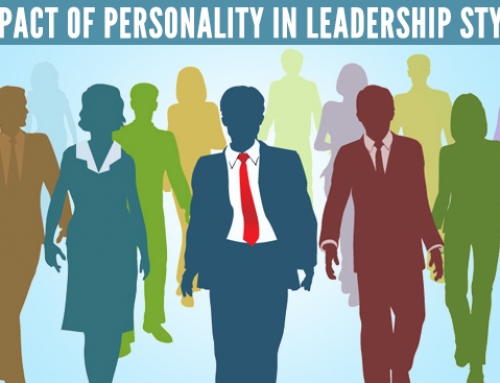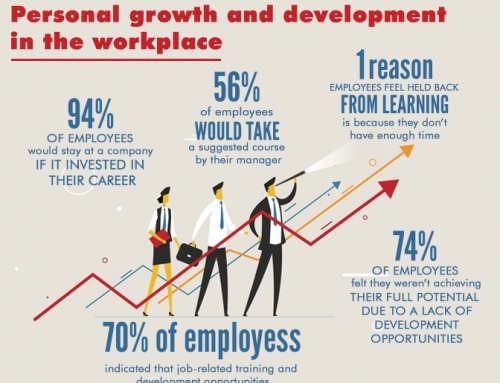“Let’s not forget that the little emotions are the great captains of our lives and we obey them without realizing it.”
-Vincent van Gogh
What do we mean by leadership?
Leadership is the art of motivating a group of people to act toward achieving a common goal. In a business setting, this can mean directing workers and colleagues with a strategy to meet the company’s needs.
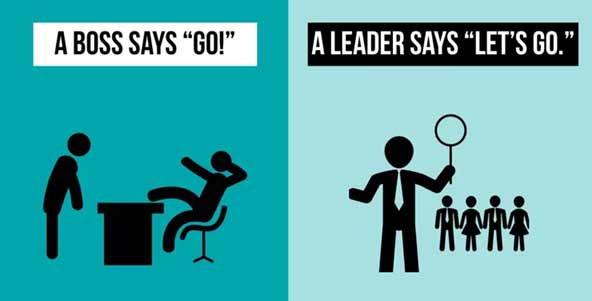
Leadership can mean a lot to different people. A good definition of an effective leader is –“a person who creates an inspiring vision of the future. Motivates and inspires people to engage with that vision. Manages vision delivery. Coaches and builds a team to be more effective in achieving that vision.”
“What really matters for success, character, happiness and life long achievements is a definite set of emotional skills – your EQ — not just purely cognitive abilities that are measured by conventional IQ tests.”
– Daniel Goleman
Things you need to know about your Emotional Intelligence
First, we will start by knowing what exactly is emotional intelligence.
What is Emotional Intelligence?
The capacity to understand and control one’s feelings and the emotions of others applies to Emotional Intelligence.
Are you an emotionally intelligent person? Lets find out.
Who is an Emotionally Intelligent person?
An emotionally intelligent person is both highly aware of and able to recognise and control his or her own emotional states, even negativity-frustration, sorrow, or something more subtle. These individuals are extremely attuned to the feelings of others. It is understandable that exposure to emotional messages will make one better friends, family, leaders or intimate partners, both from within one’s self and the social environment. These capabilities will luckily be improved.
“The emotionally intelligent person is skilled in four areas: identifying emotions, using emotions, understanding emotions, and regulating emotions.”
– John Mayer and Peter Salovey
Why Emotional Intelligence?
There’s an emotional aspect you need to remember if you aspire to be in a leadership position. It’s what makes you mentor teams effectively handle tension, get input, and connect with others.
Leaders set their organization’s sound. It may have more far-reaching implications if they lack social maturity, resulting in decreased employee morale and a higher turnover rate.
Although you could theoretically excel at your work, if you can’t connect with your colleagues efficiently or interact with others, those technological skills would be ignored. By mastering emotional intelligence, you can continue to advance your career and organization.
“75% of careers are derailed for reasons related to emotional competencies, including inability to handle interpersonal problems; unsatisfactory team leadership during times of difficulty or conflict; or inability to adapt to change or elicit trust.”
– The Center for Creative Leadership
Let us learn a little more about Emotional Intelligence and how is it going to help you in improving your management and leadership skills.
Domains of Emotional Intelligence:
Emotional Intelligence has 4 major domains, but it is not limited to these domains alone. There’s much more to it than what meets the eye.
In order to improve your emotional intelligence, it’s important to understand what each element entails.
Here is a closer look at the four categories:
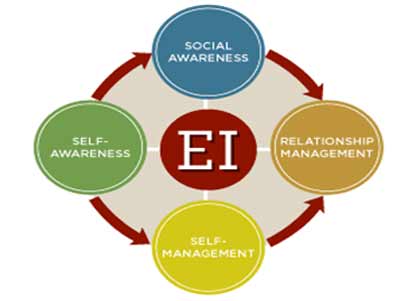
1. Self Awareness :
Self-awareness is at the heart of all this. It defines your capacity not only to consider your strengths and weaknesses, but also to identify your feelings and the effects they have on you and your team’s success.
One simple way to test your self-awareness is by completing 360-degree feedback in which you measure your success and then match it to the views of your supervisor, colleagues, and direct reports.
“Cherish your own emotions and never undervalue them.”
– Robert Henri
2. Self-Management:
Self-management refers to the ability to manage your emotions, especially in stressful situations, and to maintain a positive outlook despite setbacks. Leaders who lack self-management tend to react and have a hard time keeping their impulses in check.
The response tends to be automatic. The more you’re tuned to your emotional intelligence, the easier it is for you to make the transition from reaction to response. It’s important to remember to pause, breathe, gather, and do whatever it takes to manage your emotions—whether it’s taking a walk or calling a friend—so that you can respond more appropriately and intentionally to stress and adversity.
“Emotion turning back on itself, and not leading on to thought or action, is the element of madness.”
– John Sterling
3. Social Awareness:
Social awareness describes your ability to recognize other people’s emotions and dynamics in play within your organization. Empathy is practiced by leaders who excel in social awareness. They strive to understand the feelings and perspectives of their colleagues, enabling them to communicate and collaborate more effectively with their peers.
“When you listen with empathy to another person, you give that person psychological air.”
– Stephen R. Covey
4. Relationship Management:
Relationship management refers to your ability to influence, coach, and mentor others and to resolve conflict effectively.
Some prefer to avoid conflict, but it is important to address issues properly as they arise. Research shows that every unsolved conflict can waste about eight hours of company time on gossip and other unproductive activities, draining resources and morals.
“Tenderness and kindness are not signs of weakness and despair, but manifestations of strength and resolution.”
– Kahlil Gibran
If you want to keep your team happy, you need to have those tough conversations: in a recent survey by the Society for Human Resources Management, 72% of employees rated “respectful treatment of all employees at all levels” as the top factor in job satisfaction.
Where can you test your Emotional Intelligence effectively?
PRISM Leadership styles. Neuroscience is changing the leadership game. No longer is any single behavior or style good enough to optimize business results. Multiple styles, situationally adapted, are required to take full advantage of the real power of the human resource. This highly diverse, high potential, vital asset is often already in place – we can help you identify and develop it.
PRISM is specifically a neuroscience-based instrument. Designed to identify behavioural preferences. They are directly related to personal relationships and work performance.
PRISM ‘Professional’ as an inventory, has a number of additional facilities.
For example, it manages a 360-degree process. The option of including generic or in-house competencies. It can create team maps and match a team with a benchmark team. There is also a team diagnostic facility that measures both the performance of the team and the quality of interpersonal relationships within the team.
Do you want to enhance your leadership skills by knowing more about your emotional intelligence? You can visit our website below for more details.
prismbrainmap.com
906, B-Wing, Sagar Tech Plaza Near Saki Naka Junction
Andheri East
Mumbai, Maharashtra 400072
India
CONTACT: 09819714238/ 09769968061
| Phone : +91 9819 714 238 | Skype : PRISM Brain Mapping | ||
| WhatsApp : +91 9819 714 238 | Email : info@prismbrainmap.com |

